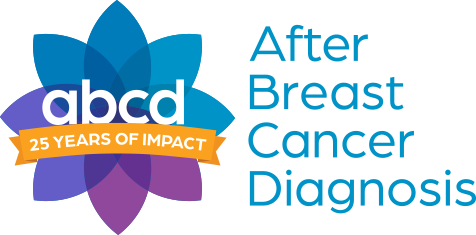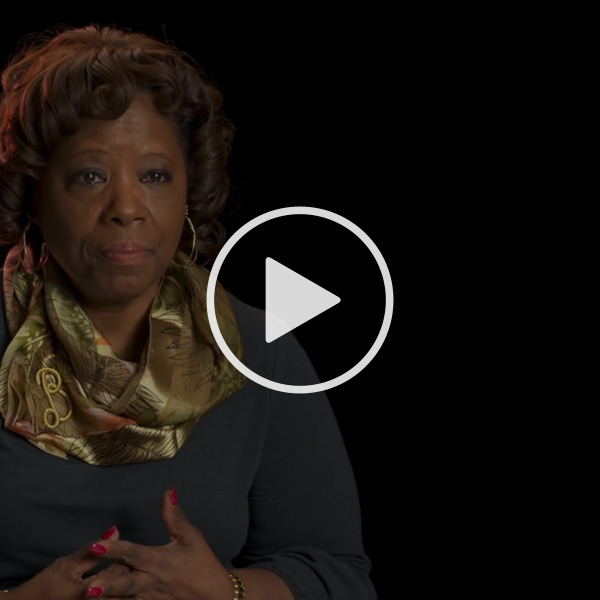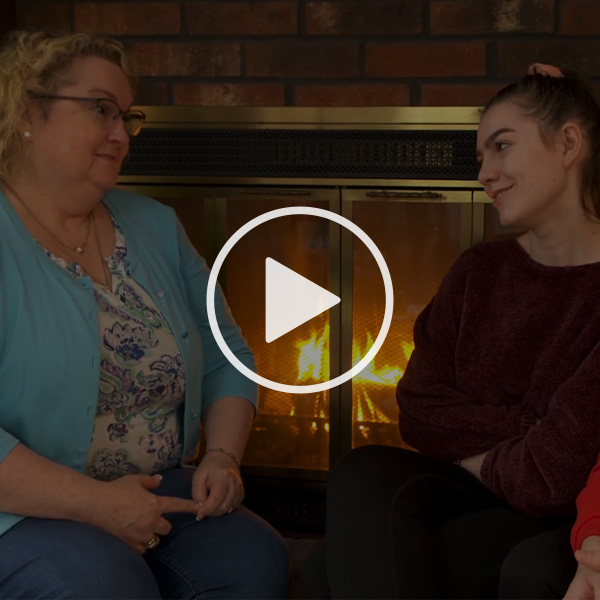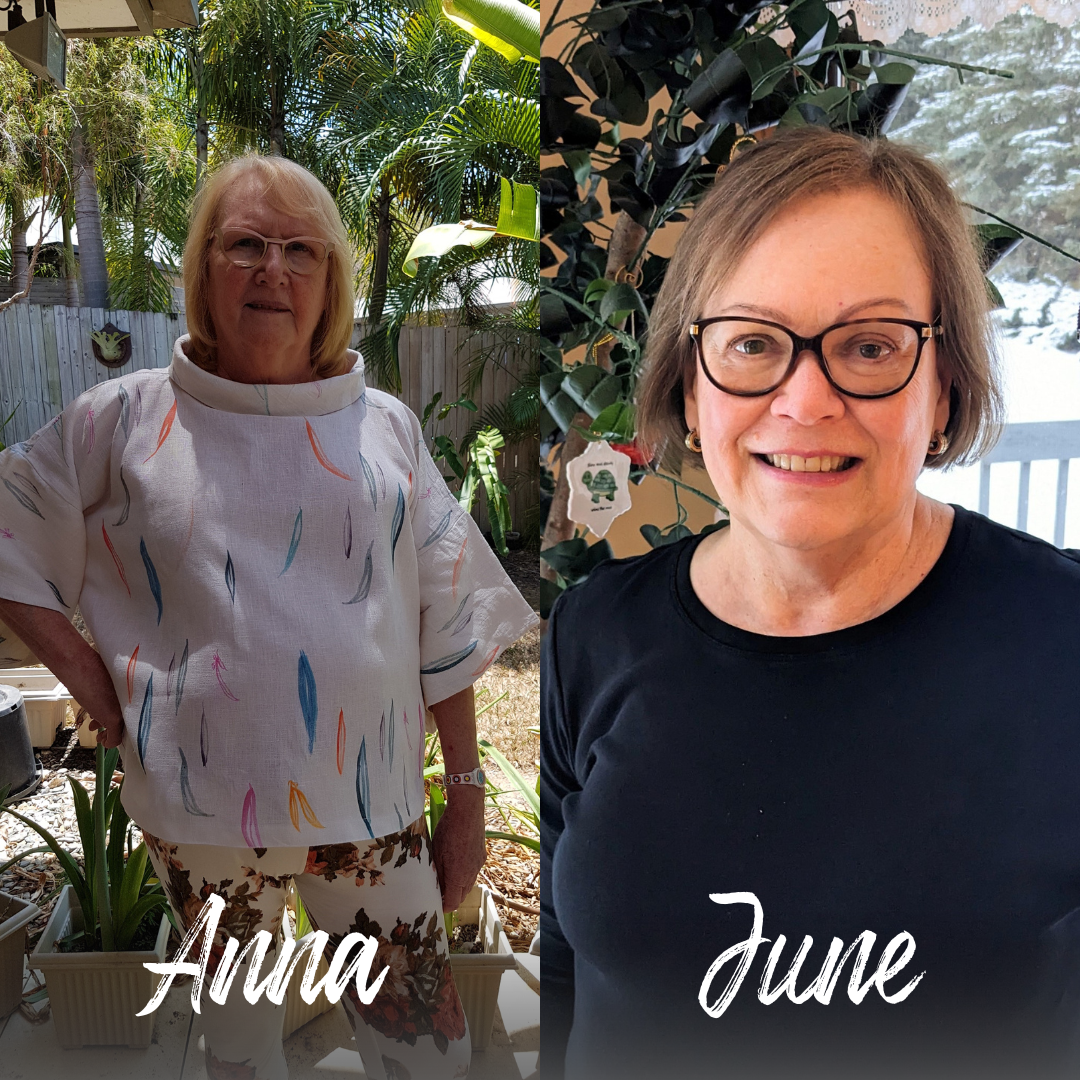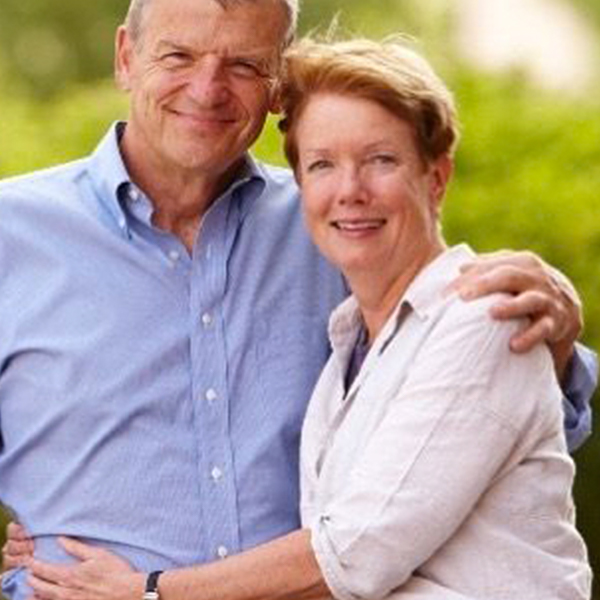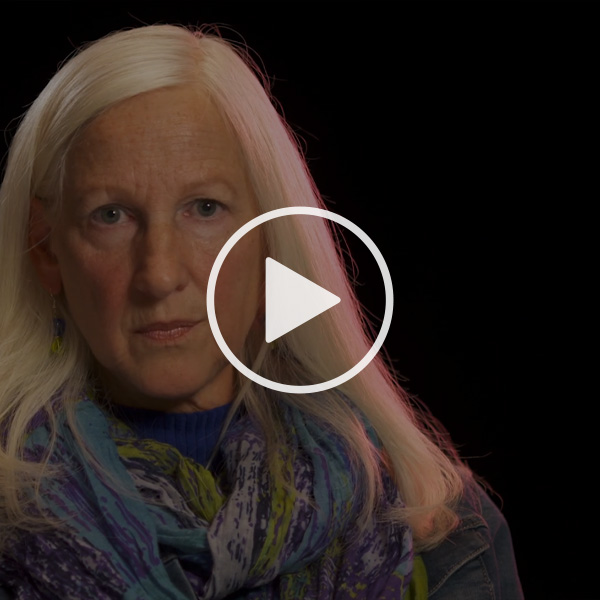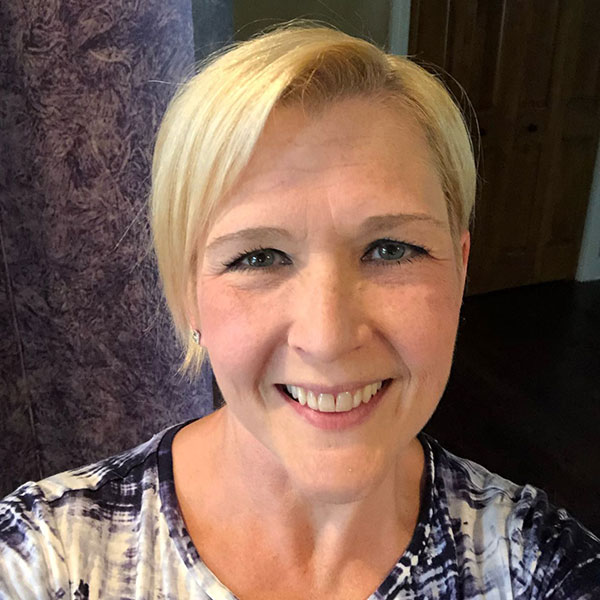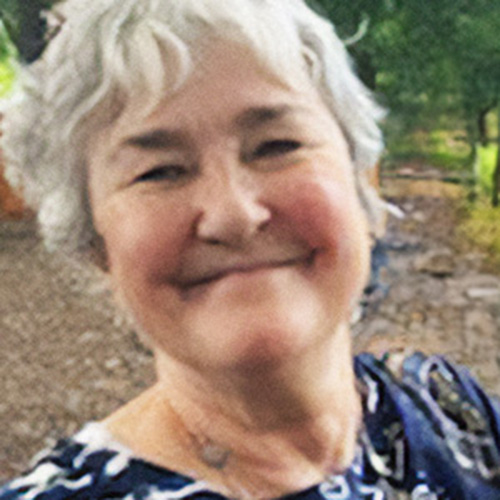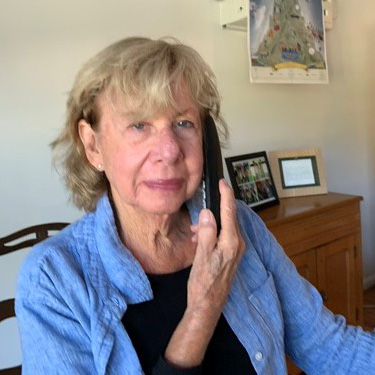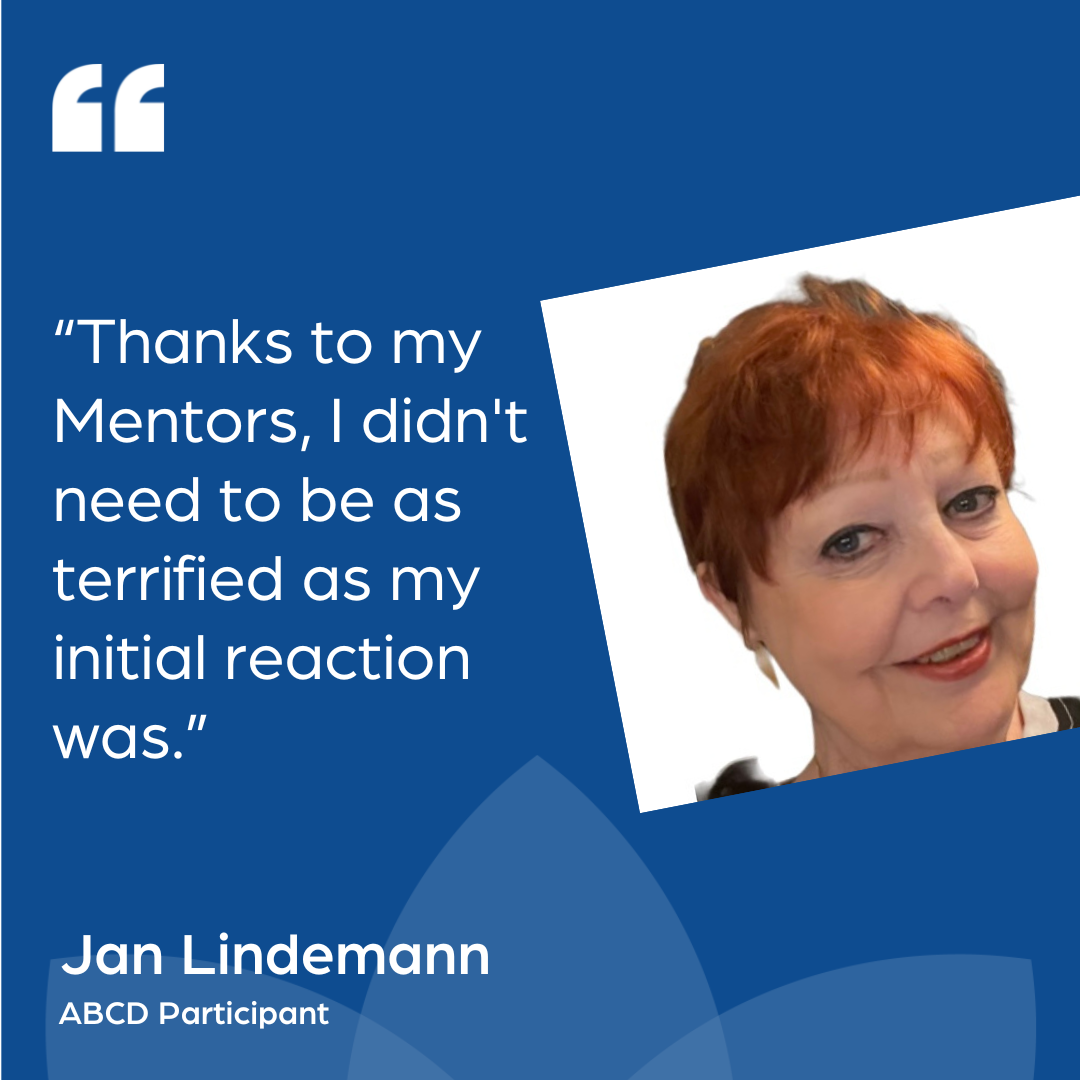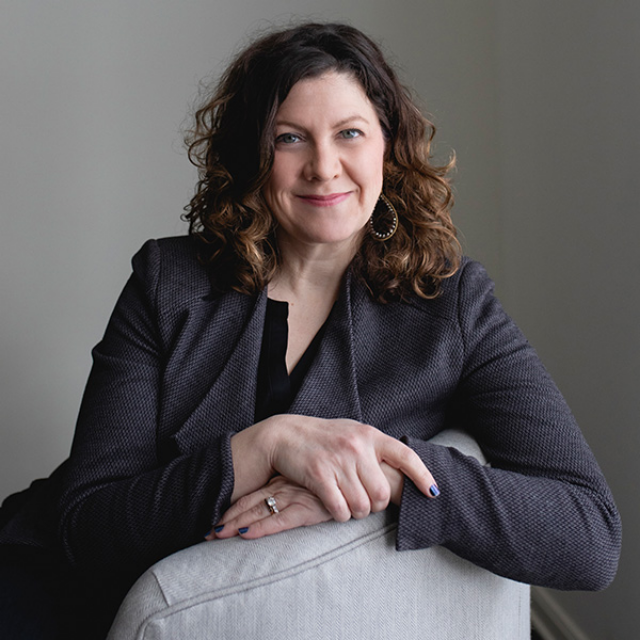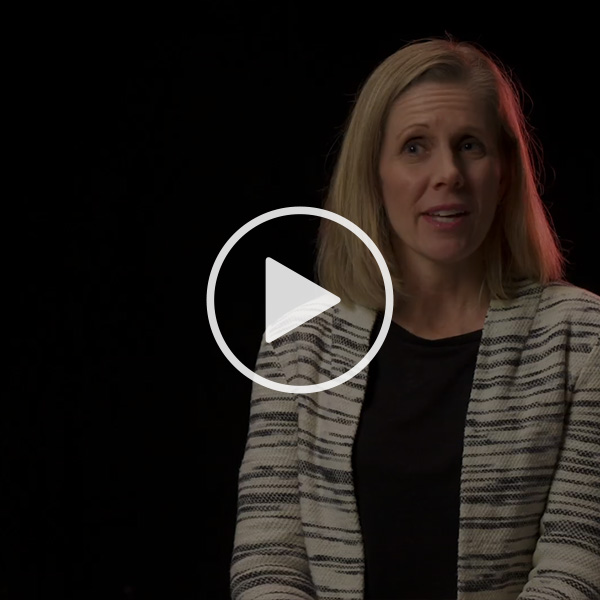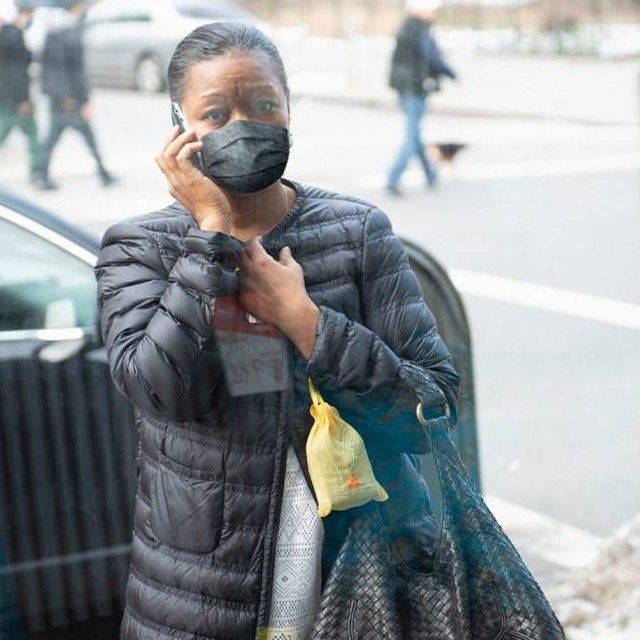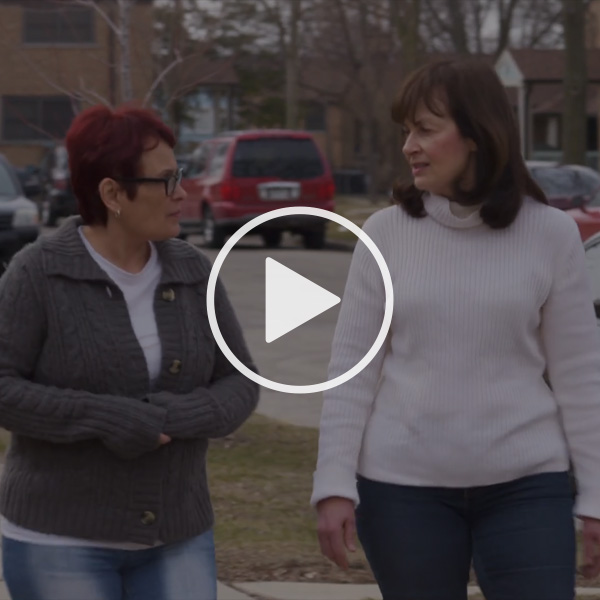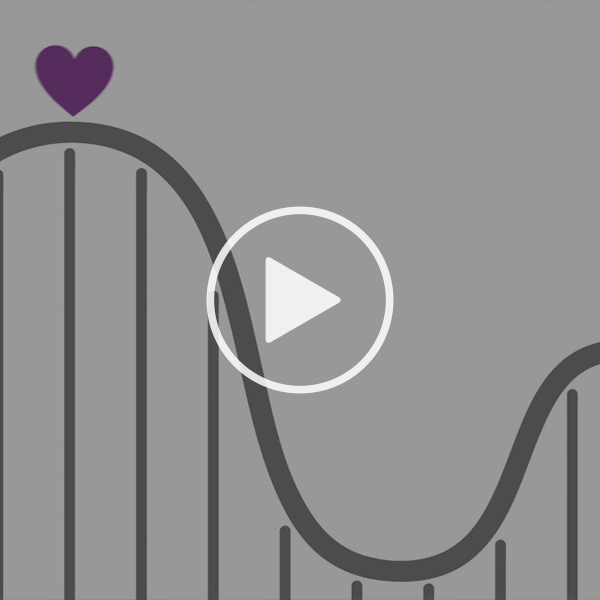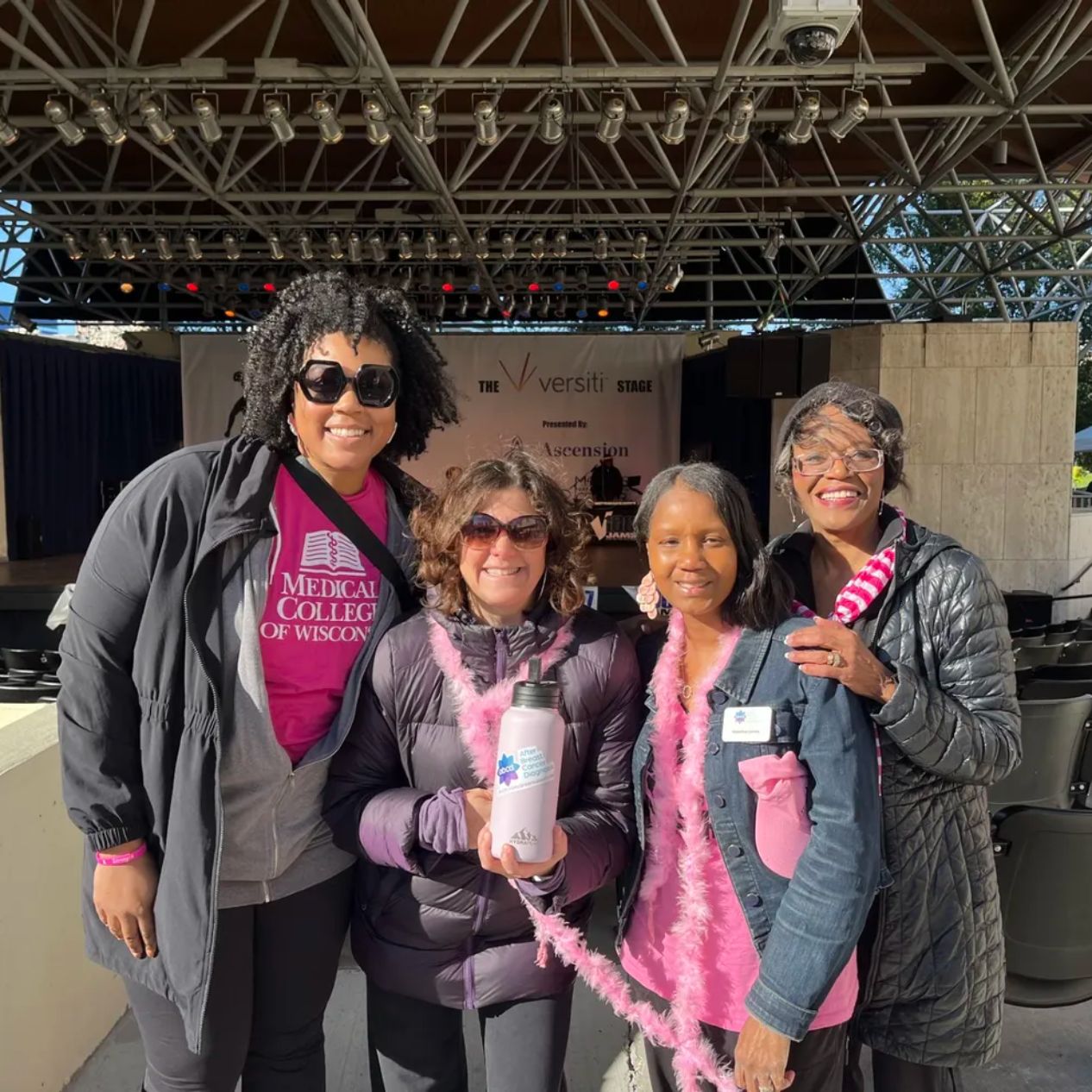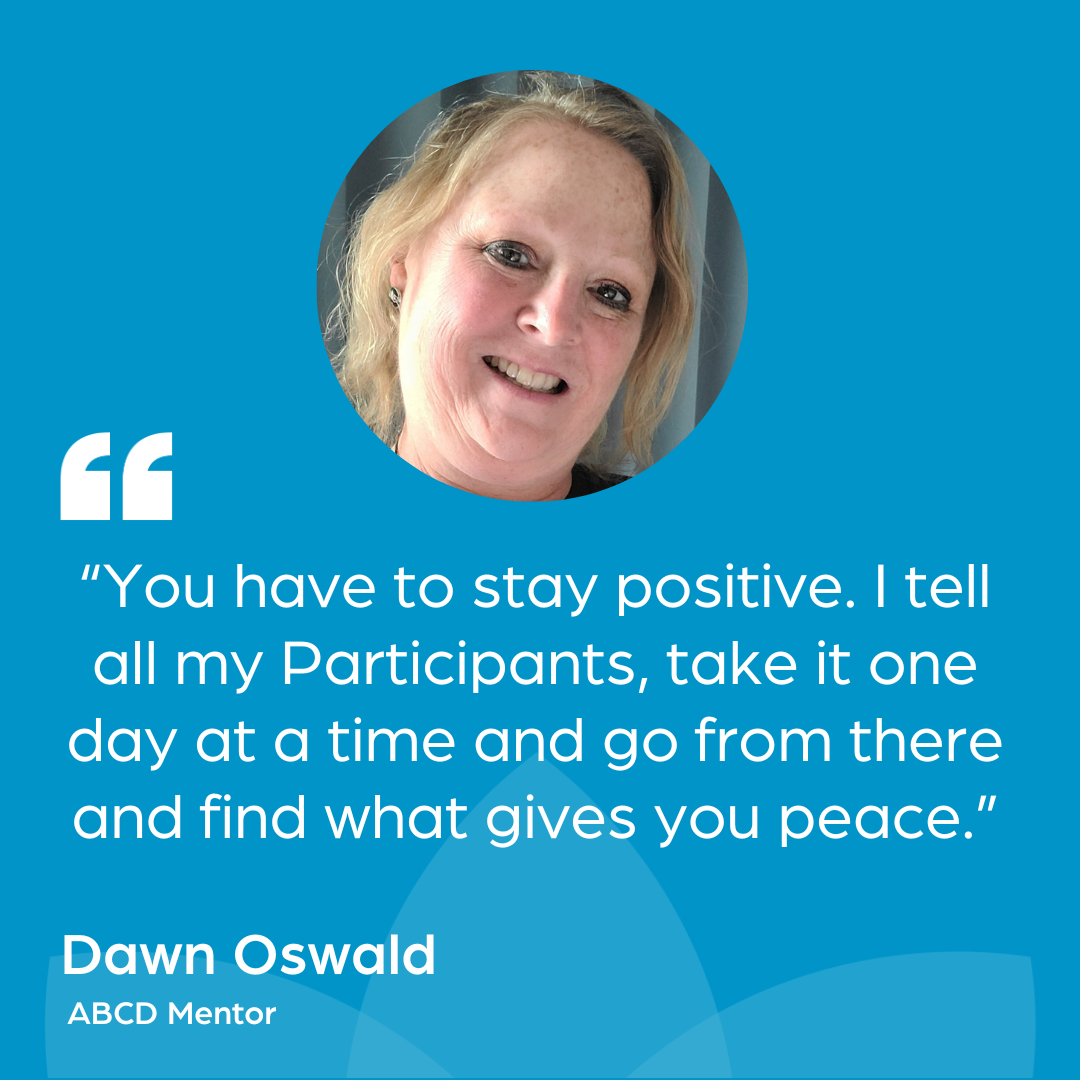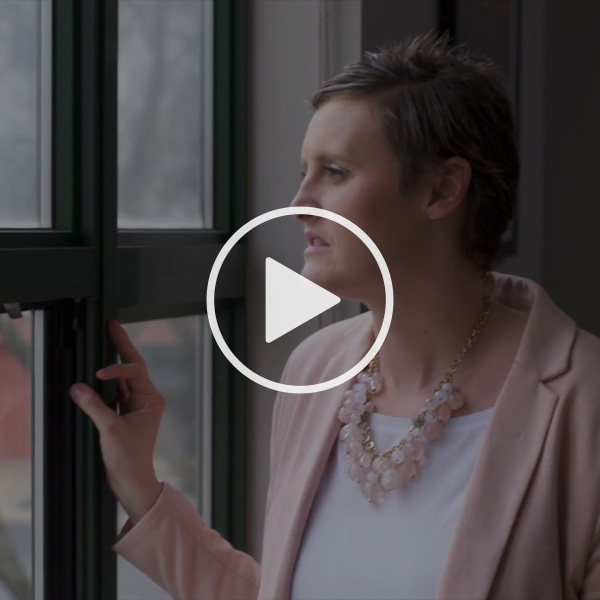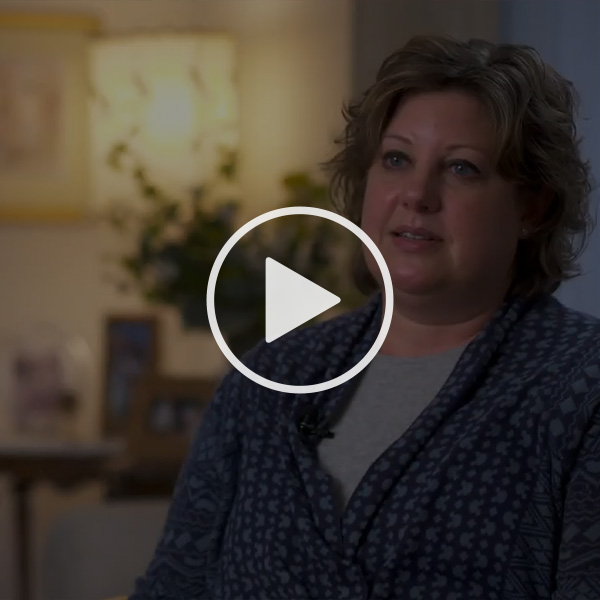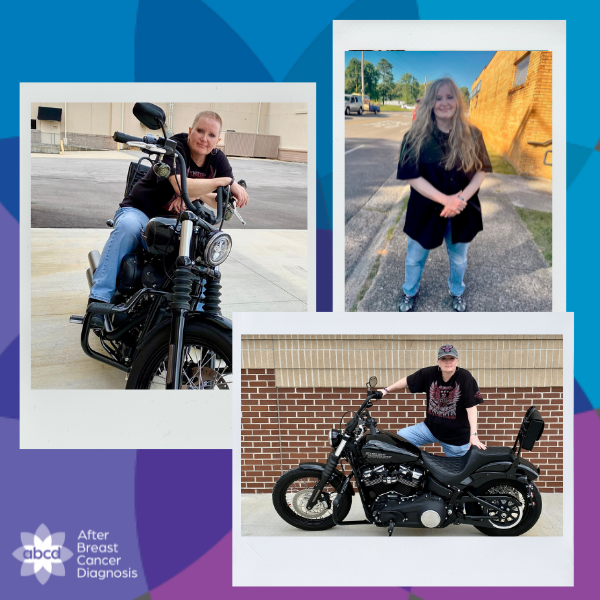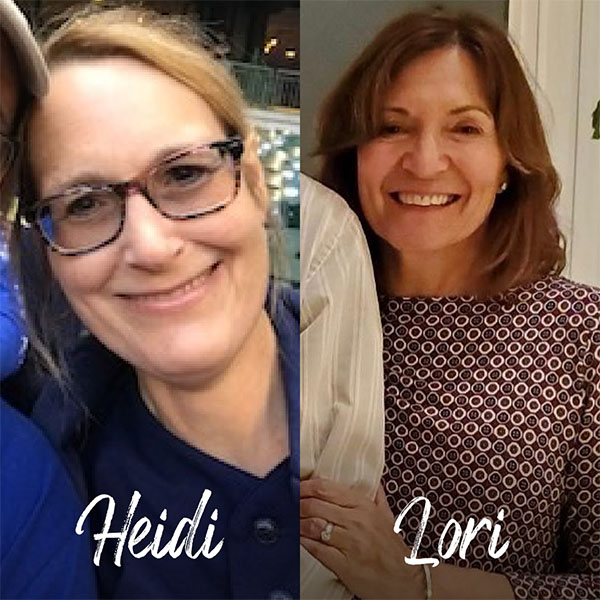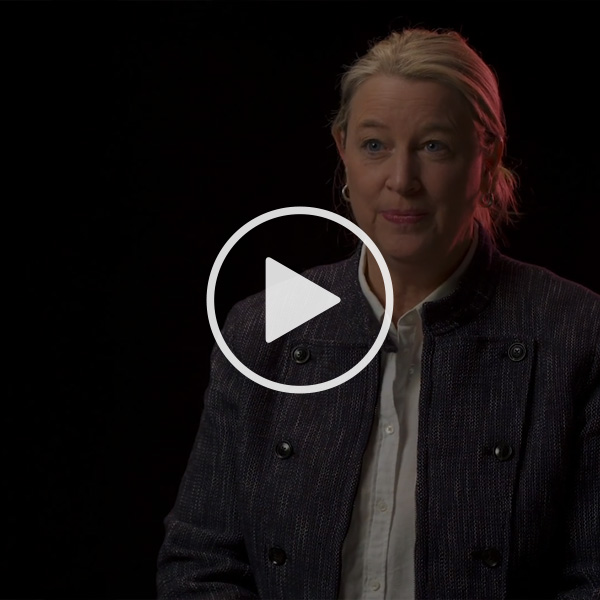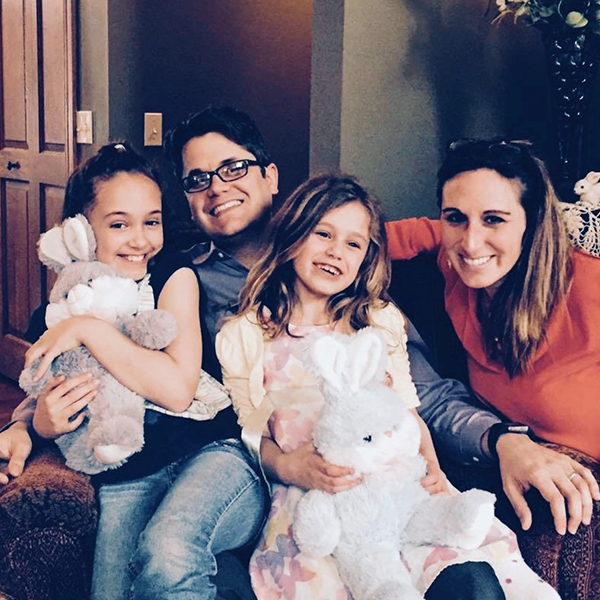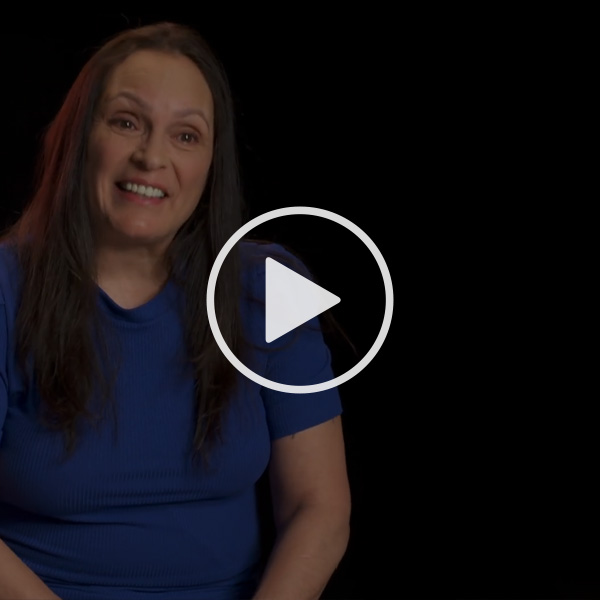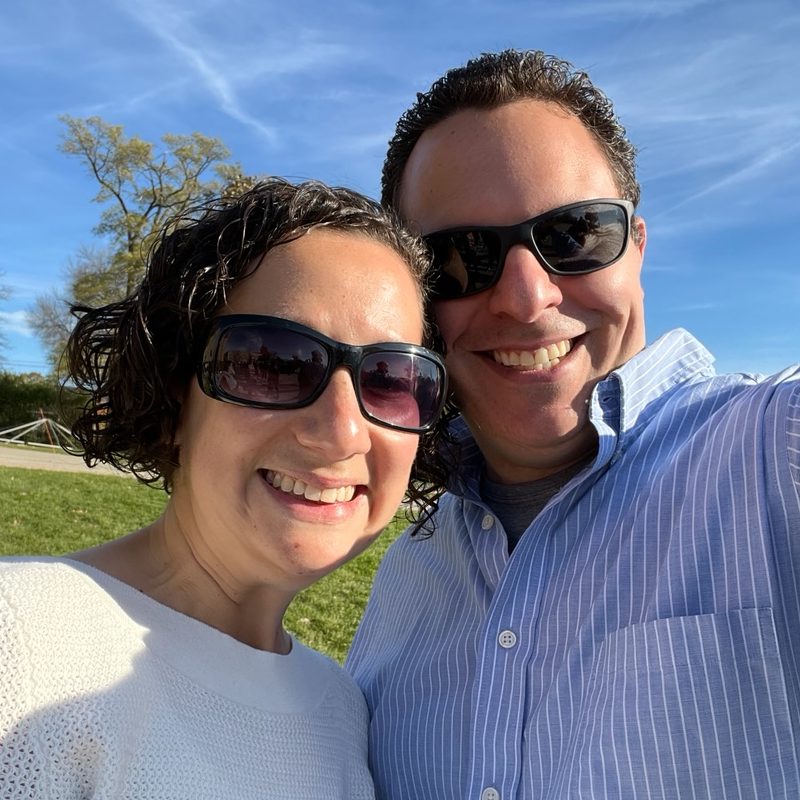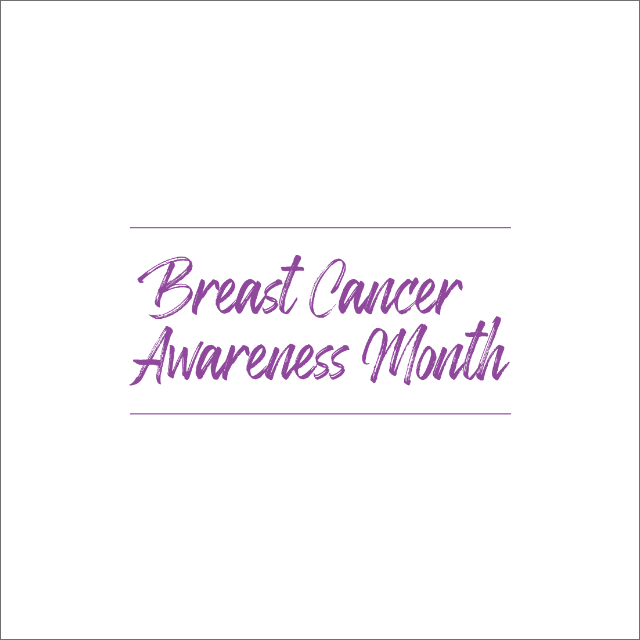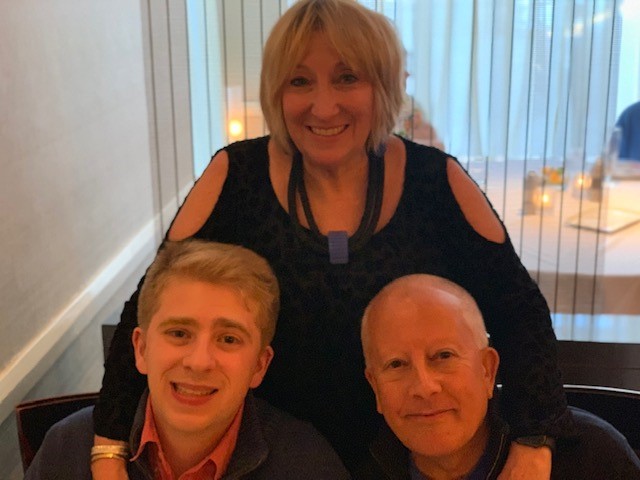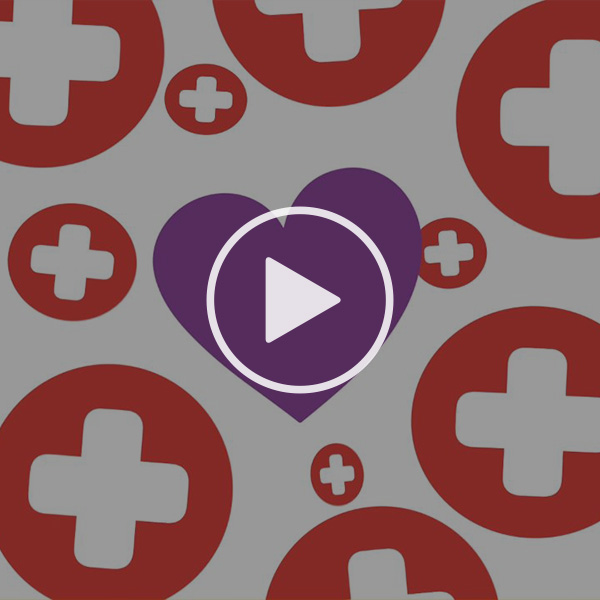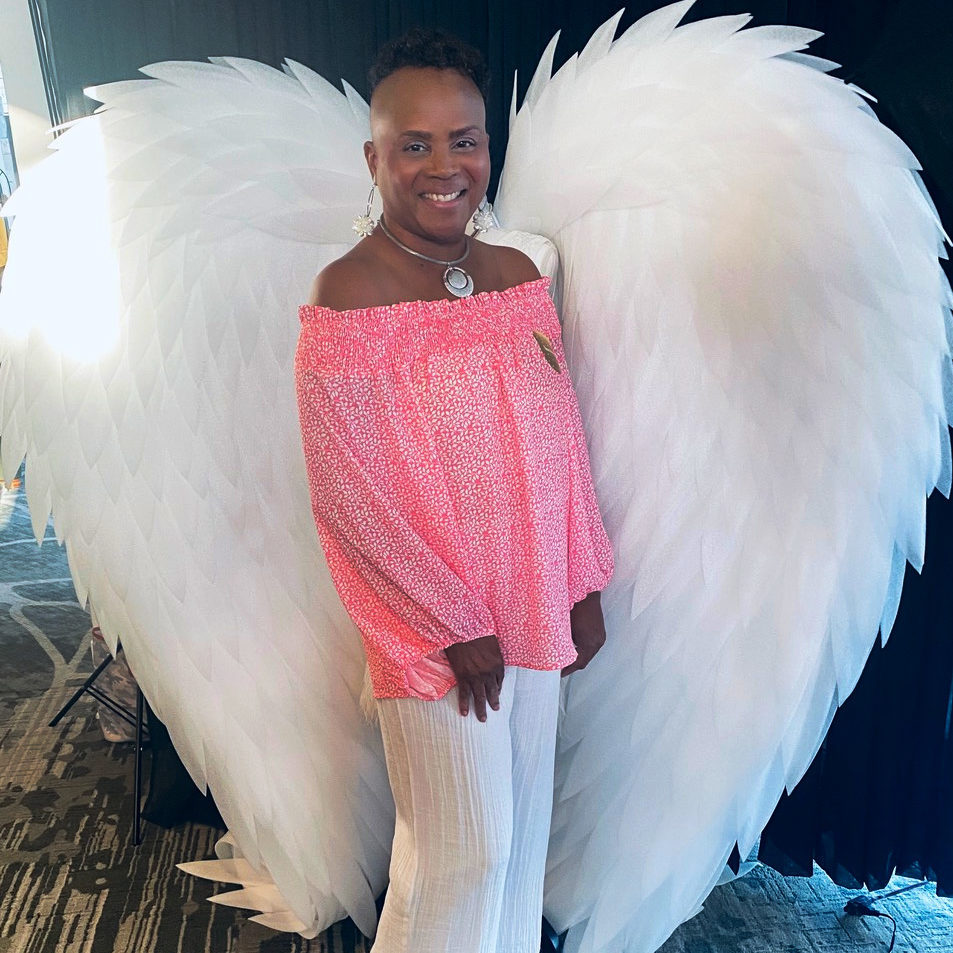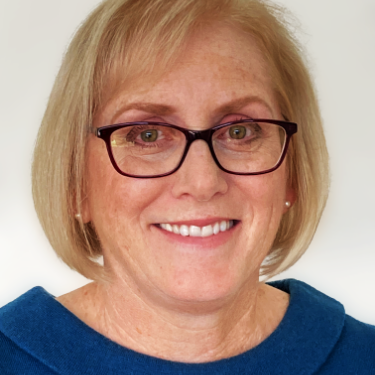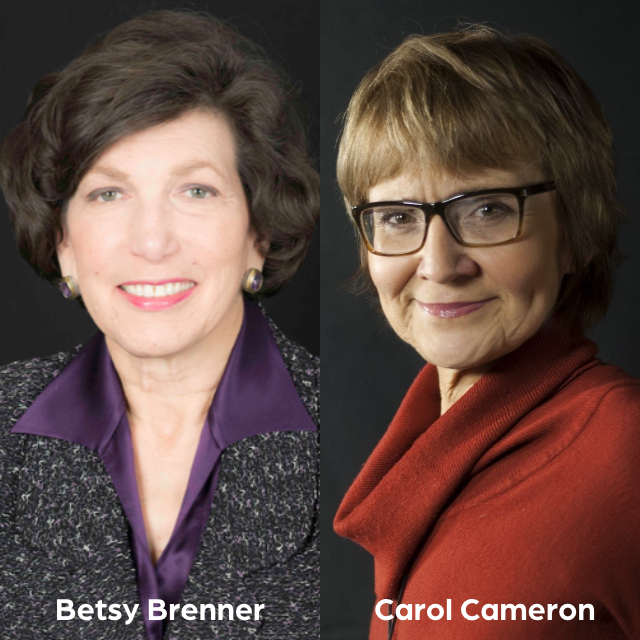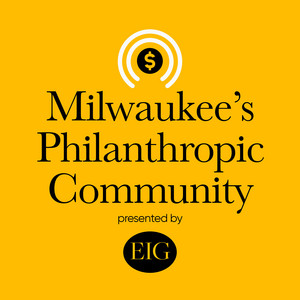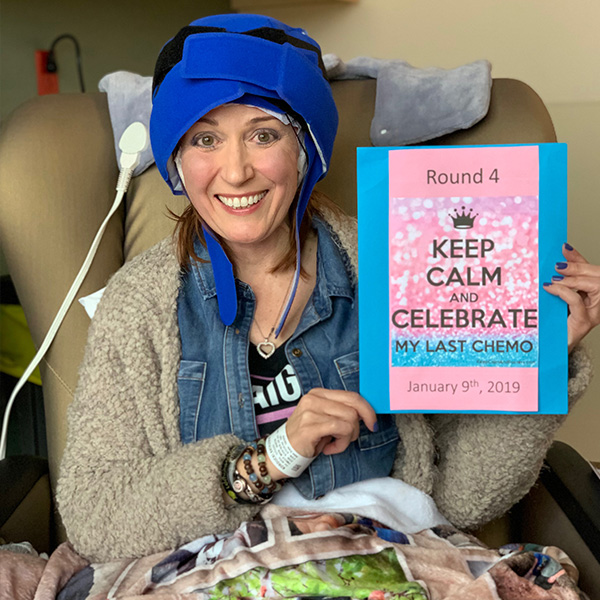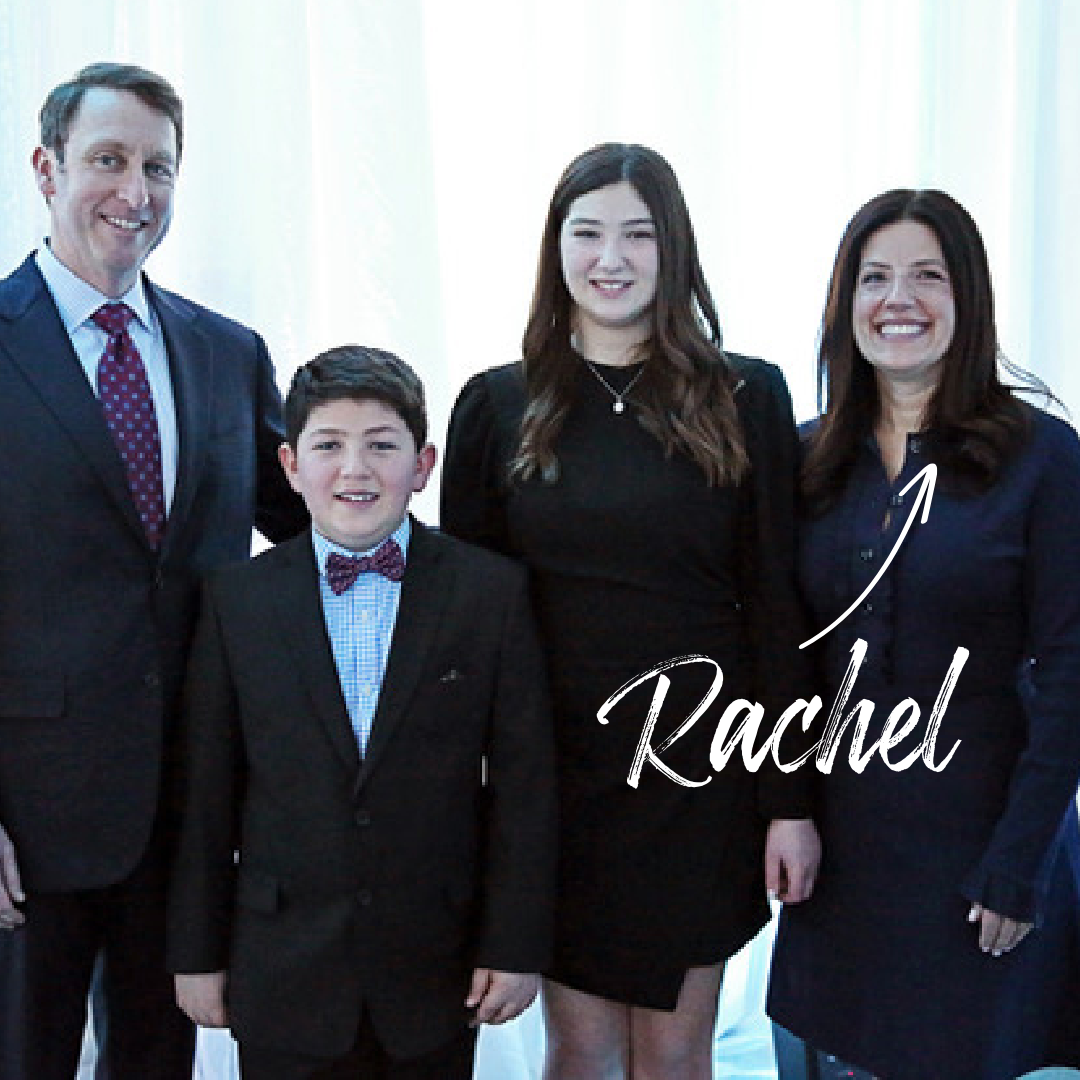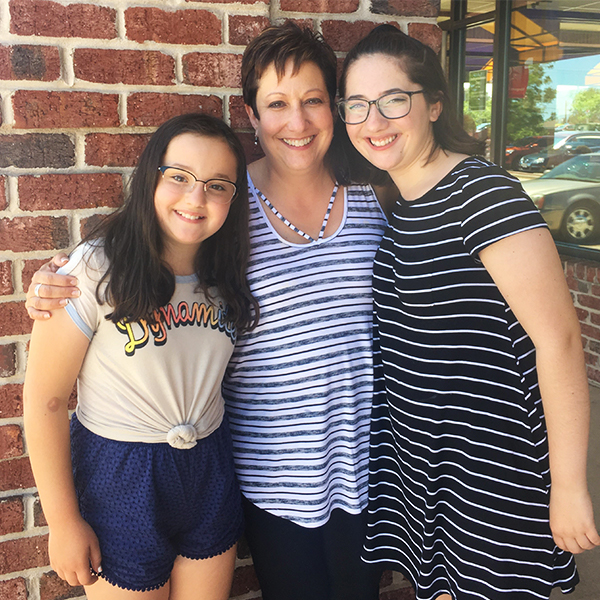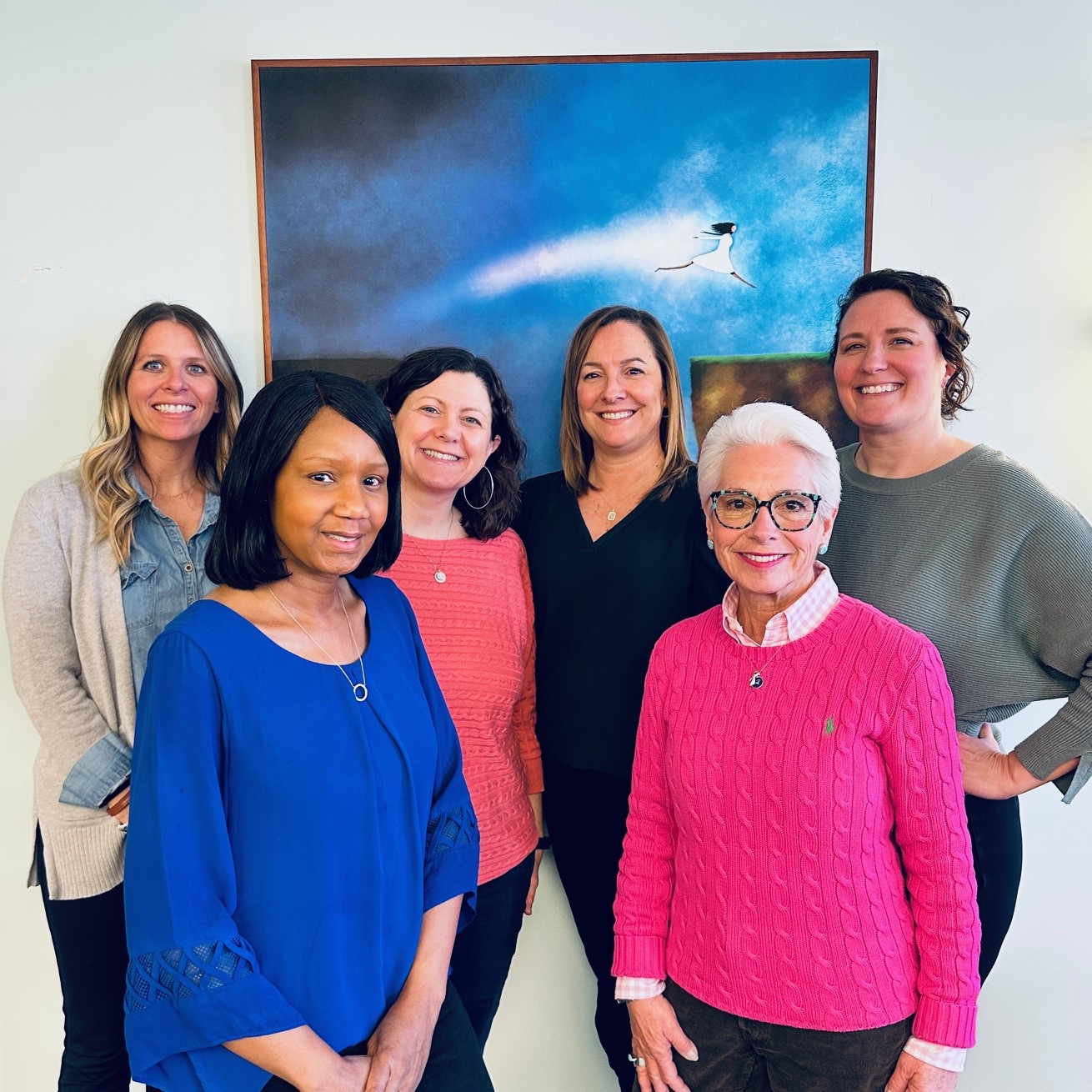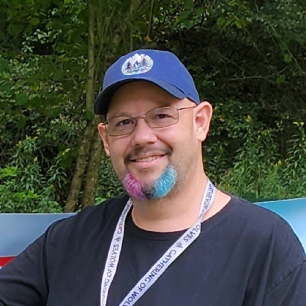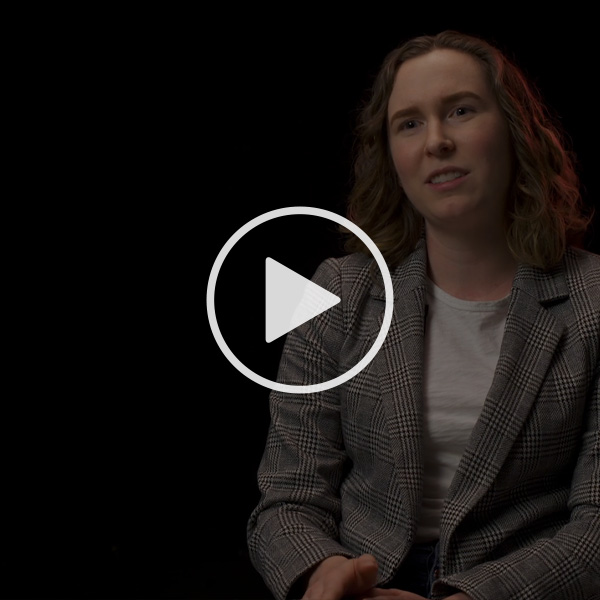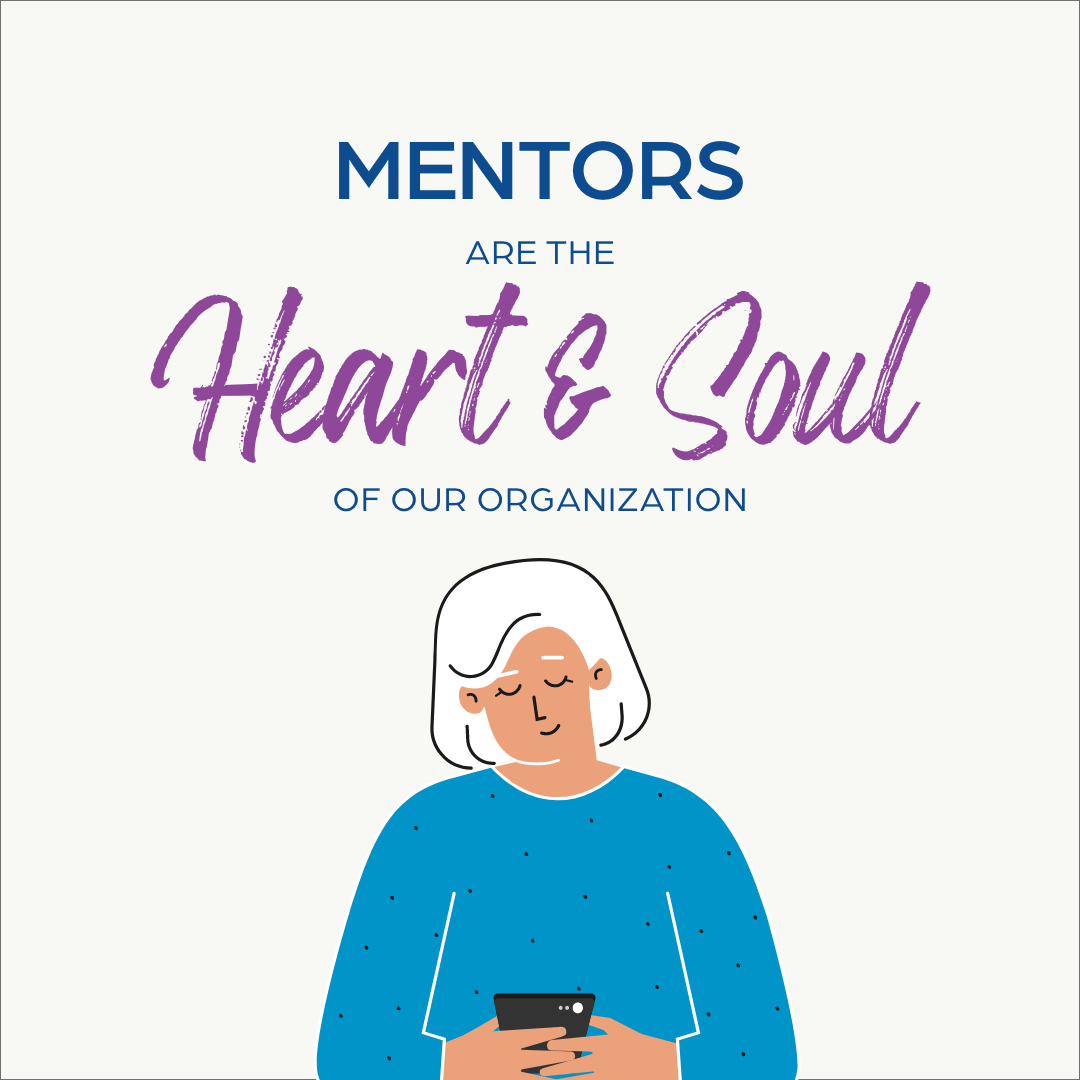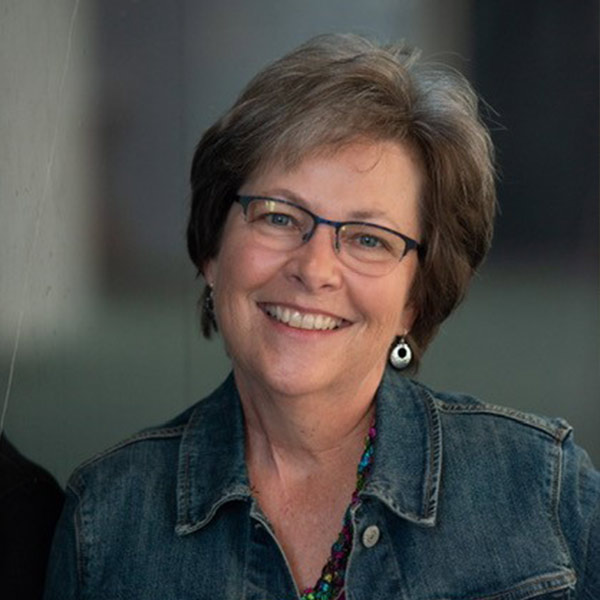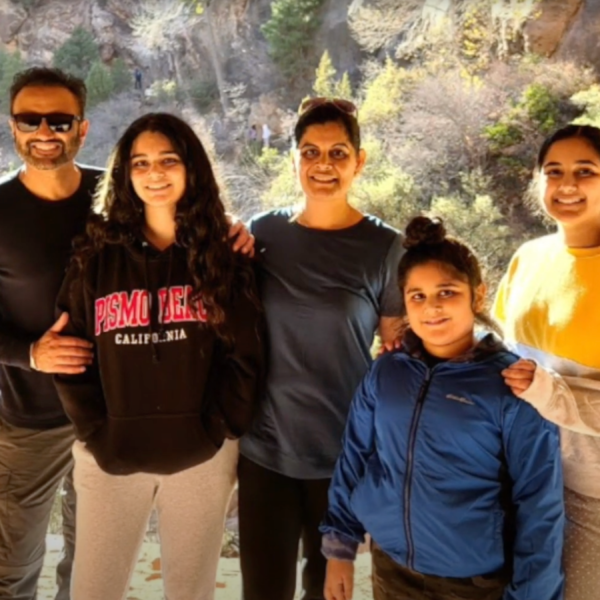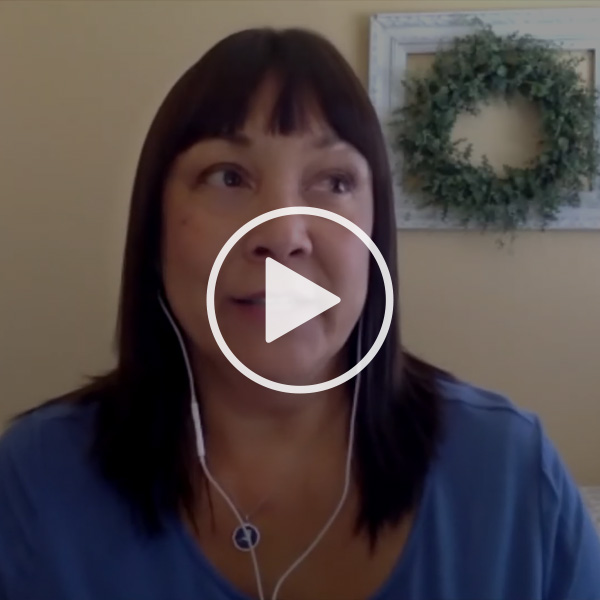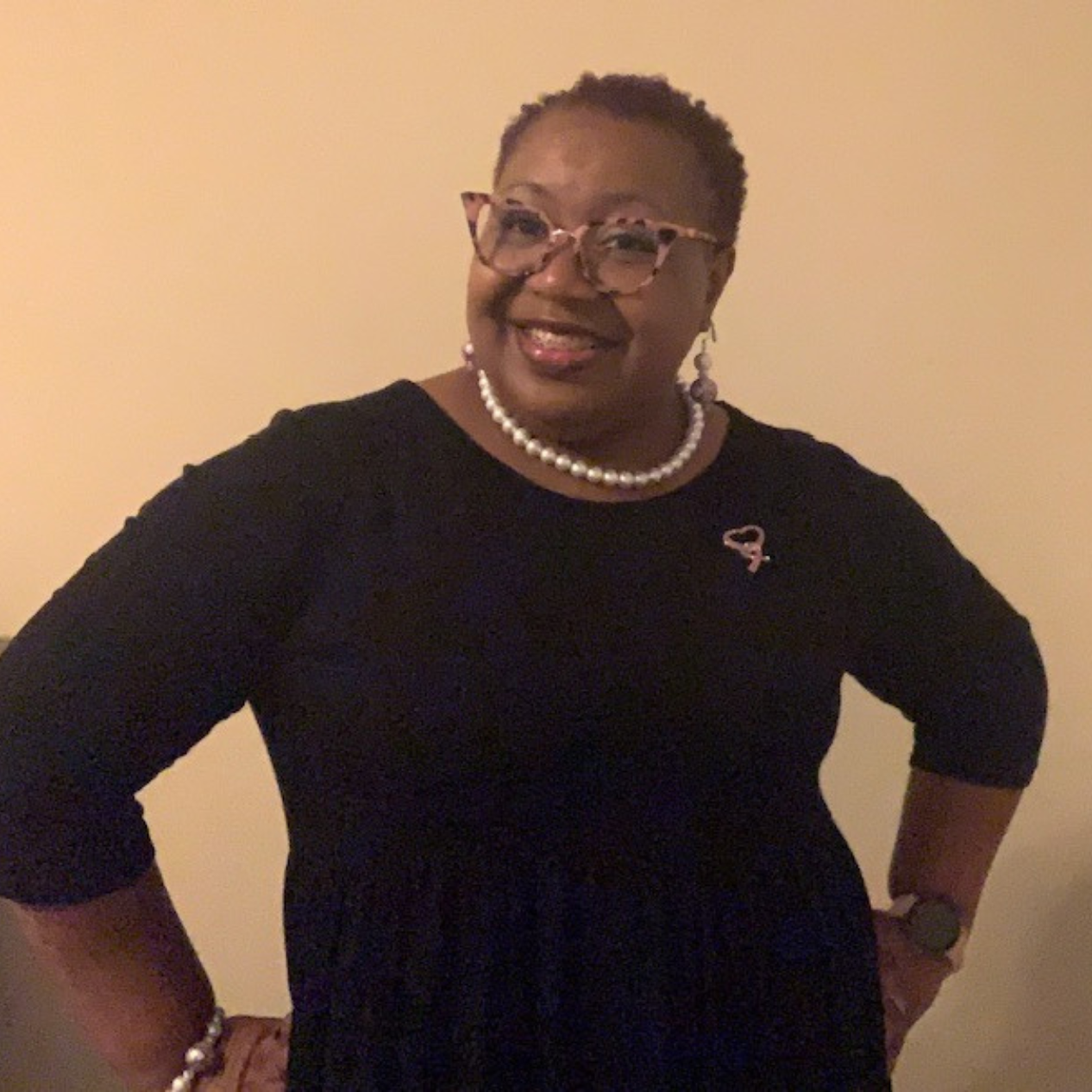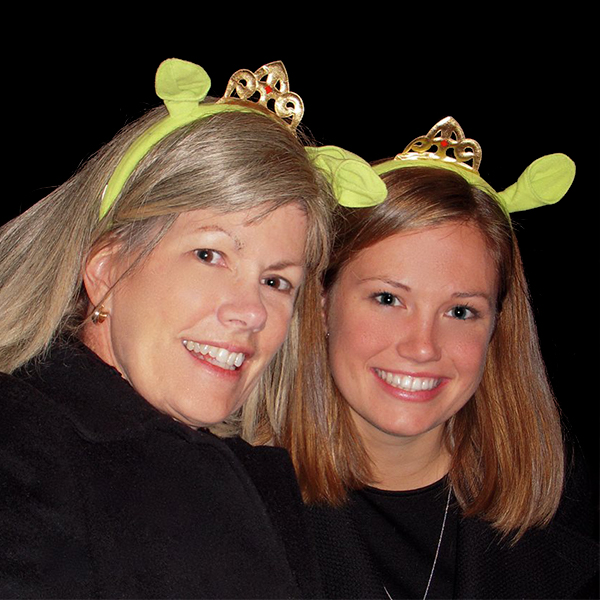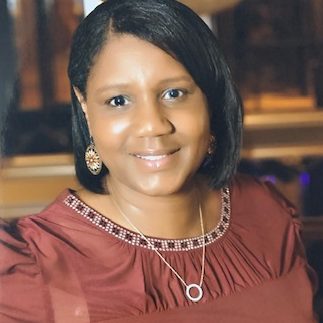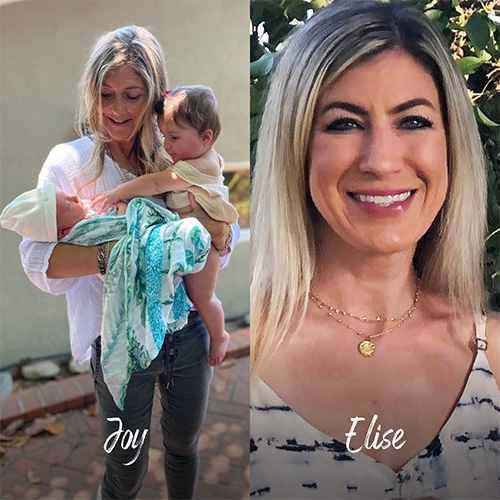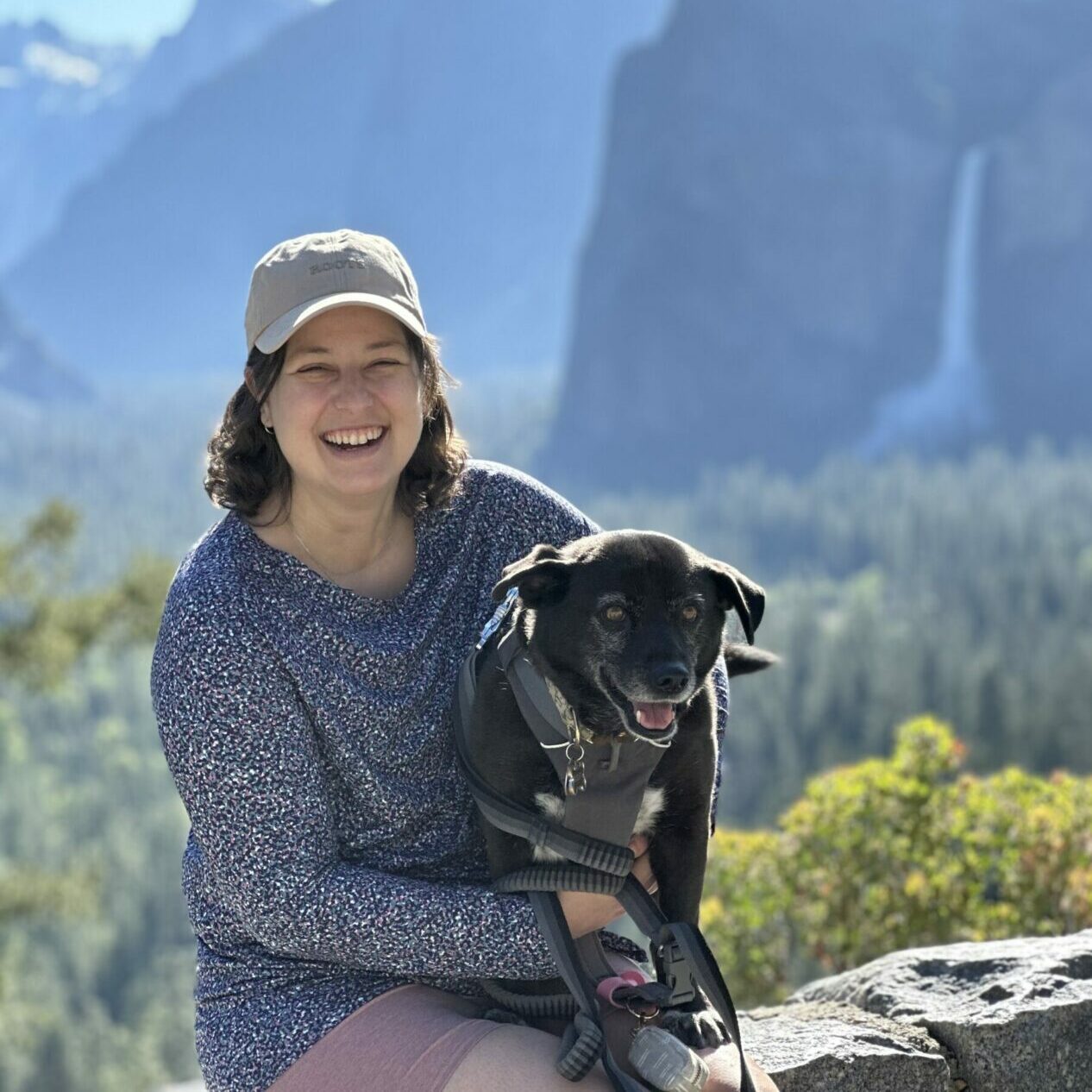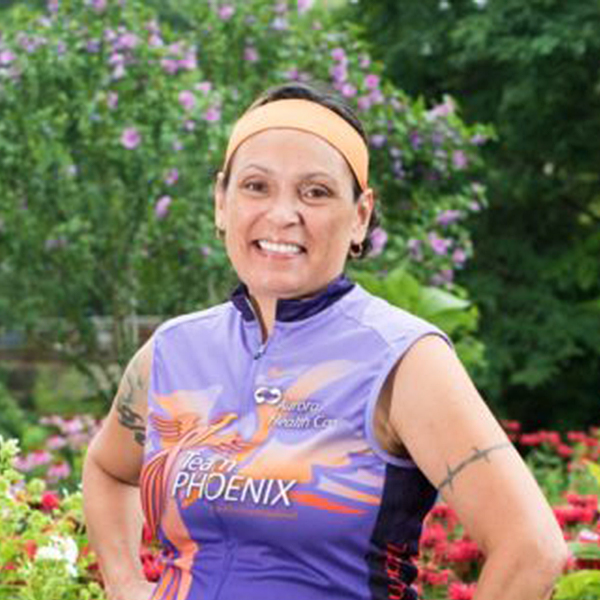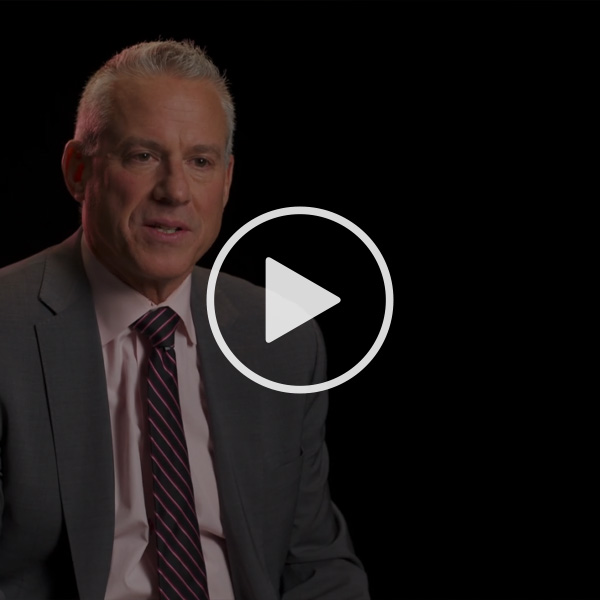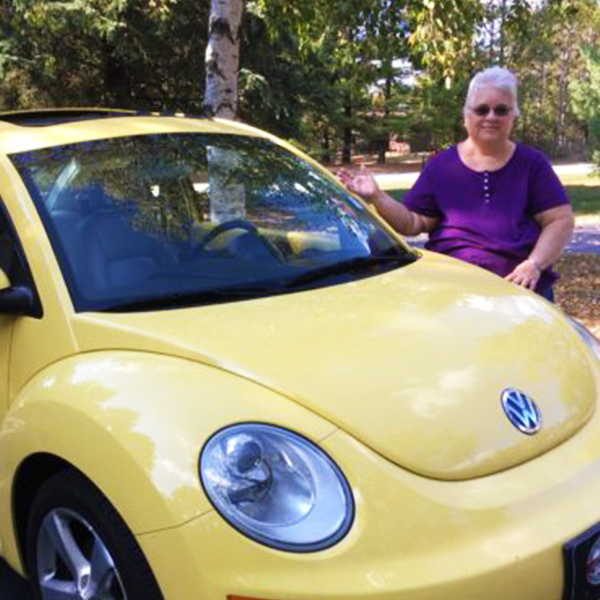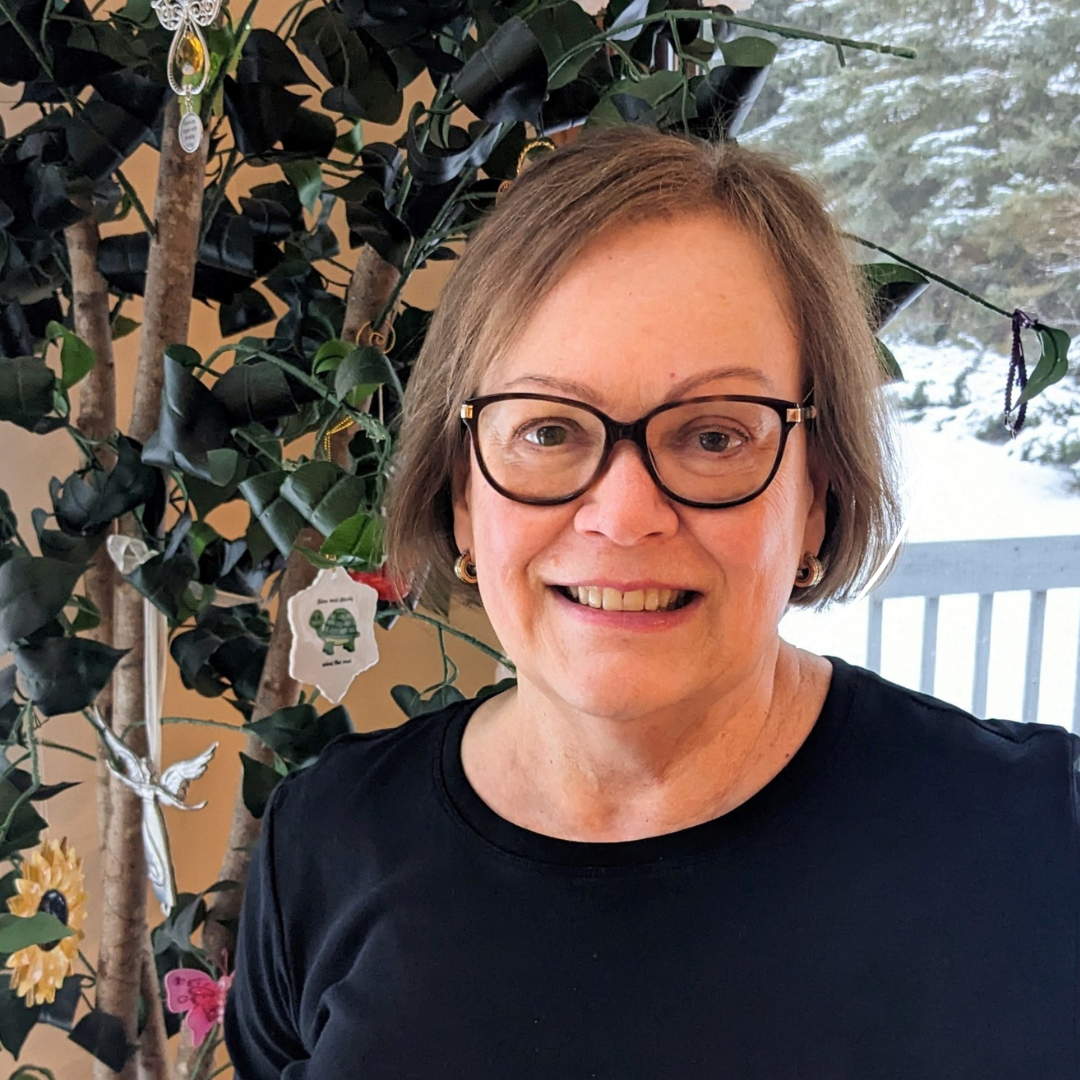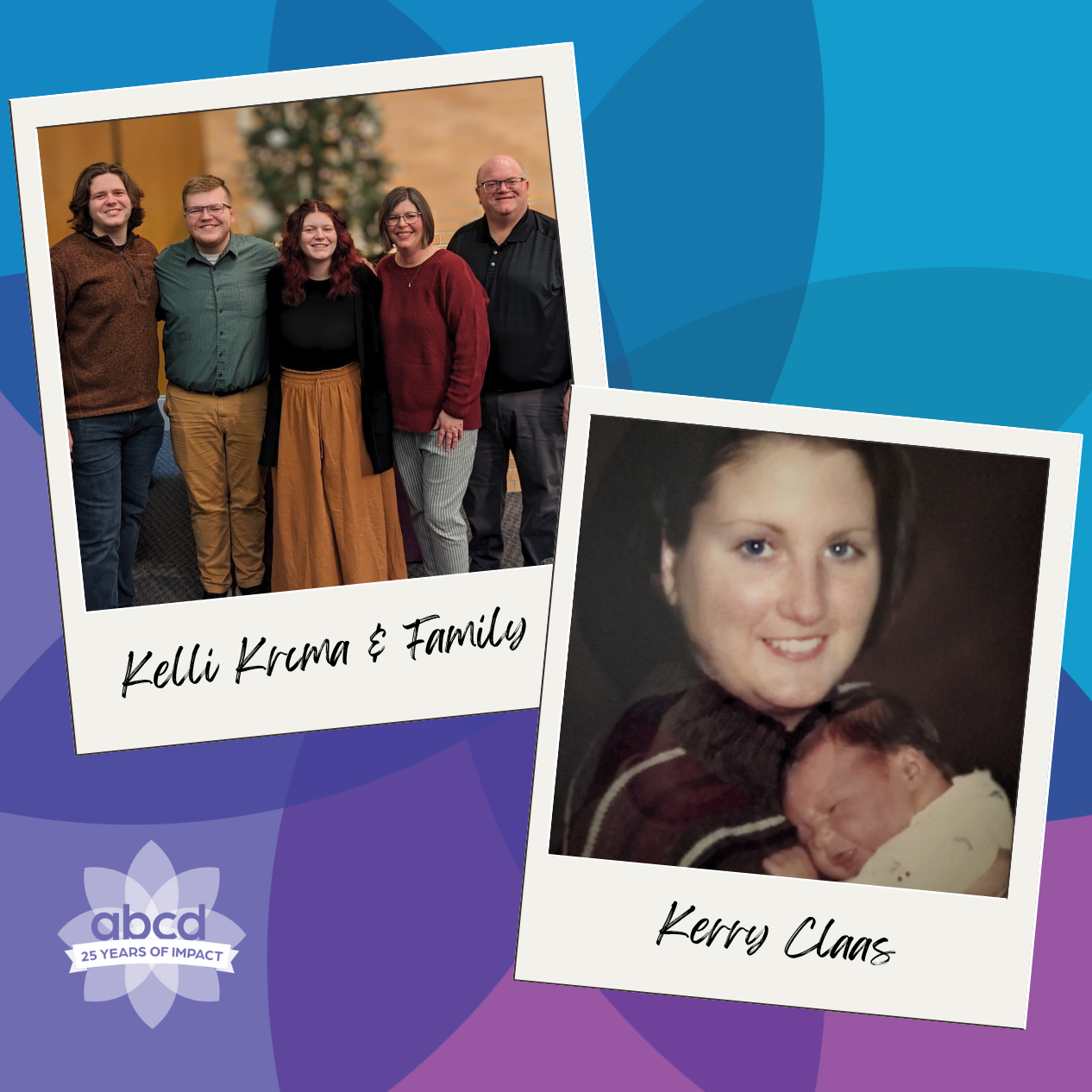
The Claas and Krcma Families’ Giving Tradition Has Spanned Generations
— Gina Rich
February 8, 2024
When a loved one has breast cancer, family members and friends are affected as well. Kelli Krcma remembers supporting her sister, Kerry Claas, following Kerry’s diagnosis in 2001.
Kerry was just 30 years old when she learned she had inflammatory breast cancer, a rare form of the disease that makes up only about one to five percent of cases. At that time, Kelli was a busy mom of a two-year-old. Kerry was four years older than Kelli, and though the sisters weren’t close growing up, “I think my son brought us closer together,” says Kelli. “[Kerry] was the fun aunt.”
Kerry’s treatment included a mastectomy, chemotherapy, and radiation. After the surgery, Kelli and her son went to visit and help Kerry as she recovered. Looking back, Kelli describes the time as meaningful. Kerry wasn’t the type to ask for help, so Kelli was happy to jump in and do whatever odd chores her sister requested. “It was so funny. She wanted me to sweep her basement floor,” Kelli says. “She was very particular about that.”
Several months later, Kerry’s disease metastasized, and she passed away in December 2002. “It went fast,” says Kelli. “She was in remission, and then it spread again, shortly after she’d gotten the all clear.”
A Meaningful Connection
Kerry and Kelli grew up in Wisconsin and are the daughters of Roman and Nancy Claas. Roman and Nancy adopted Kerry a few years before Kelli was born. The sisters settled close to home – Kerry in Milwaukee and Kelli in Madison.
During her illness, Kerry reached out to ABCD: After Breast Cancer Diagnosis for support. ABCD had been established just two years earlier, in 1999. Kerry was matched with one of the organization’s first Mentors, Erika Eaton, who also had metastatic disease. After Erika passed away in 2005, her husband Mark Young went on to serve as ABCD’s Board President from 2013 to 2014.
Though Kerry and Erika’s connection was brief, the support made an impact. Kelli says their parents saw how important ABCD had been during Kerry’s journey. The family began donating to ABCD in Kerry’s memory, and encouraged others to do the same.
These donations soon inspired more family members and friends to give. “My aunt didn’t believe in charity,” says Kelli. “But ABCD was the one charity that she donated to.”
When Roman and Nancy passed away, Kelli and her husband Todd decided to continue the family’s giving tradition. “It’s a way to keep Kerry’s memory alive,” says Kelli. As of 2024, the Claas and Krcma families, extended family, and friends have donated more than $25,000 to ABCD.
This generosity has helped spark more conversations about Kerry and the importance of giving back, says Kelli. Two of Kelli’s three children were born after Kerry’s death, so they never got to meet their aunt. “They didn’t know her, but they keep talking about her,” Kelli says. And in December 2023, one of Kelli’s sons was able to attend the Milwaukee Admirals Hockey Fights Cancer Night, during which ABCD was honored.
Support for Loved Ones
Kelli knows firsthand that caregivers may struggle to find the right support for themselves in processing a loved one’s diagnosis. During Kerry’s illness, Kelli didn’t want to place an additional emotional burden on her parents. But she wasn’t sure if her husband could relate to her experience. “My husband is one of nine kids, whereas Kerry was my only sibling,” she says. “I just felt like that was different, because I knew what that loss would mean to our family.”
Similar to Mentors who are matched with those diagnosed with breast cancer, ABCD’s Friends & Family Mentors can be connected with a patient’s loved ones to offer support. “A breast cancer diagnosis can be scary and overwhelming for care partners as well. Our Mentors are here for spouses, parents, siblings, adult children, and friends too,” says Ellen Friebert Schupper, Executive Director of ABCD.
Kelli is passionate about the work ABCD does, and she hopes her family’s story will inspire others to learn about the organization. She also wants more people to know that although ABCD is grounded in Milwaukee, its services are available anywhere. “It has a global impact,” she says.
